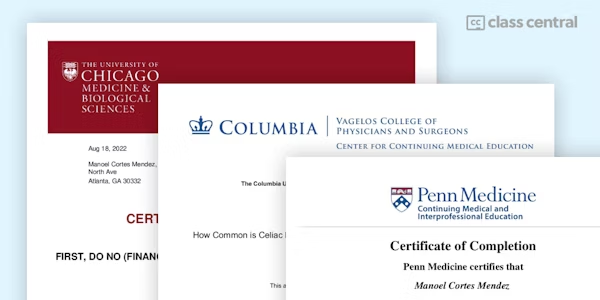ABOUT THE COURSE
In this state of the art course we will be discussing personal and hospital-based preparedness for disasters and large-scale public health emergencies. This course will provide students with a heightened awareness and understanding of the natural and man-made hazards that create disaster events. Each topic in the course is presented by a leader and subject matter expert, allowing students to learn from some of the most highly-recognized stakeholders in disaster preparedness. Course content is designed to assist health care providers and students in acquiring cutting-edge, evidence-based disaster knowledge and skills in order to respond in a timely and appropriate manner and ultimately to increase hospital surge capacity.
We start by presenting an overview of the foundational concepts underlying disaster preparedness with a focus on understanding individual health care provider roles and responsibilities within our existing emergency response systems as well as for personal and family preparedness. Next, we consider all components of a well-designed hospital preparedness program including redundant communications and situational awareness, the role of the health care provider in disaster operations and logistics, and education and training for workforce development. Finally, we cover the roles and responsibilities of health care providers in response to specific disaster and public health emergency events resulting from acts of terrorism, pandemic influenza and emerging highly infectious disease, chemical, biological and radiological emergencies, and natural disasters.
In this six-week course, health care providers will acquire foundational knowledge in the health care management of victims of natural and man-made disasters and new strategies for increasing hospital surge capacity. Utilizing course exercises, case studies, and online discussions, students will have the opportunity to identify strategies and expert practices in the care of victims of disasters and public health emergencies.






